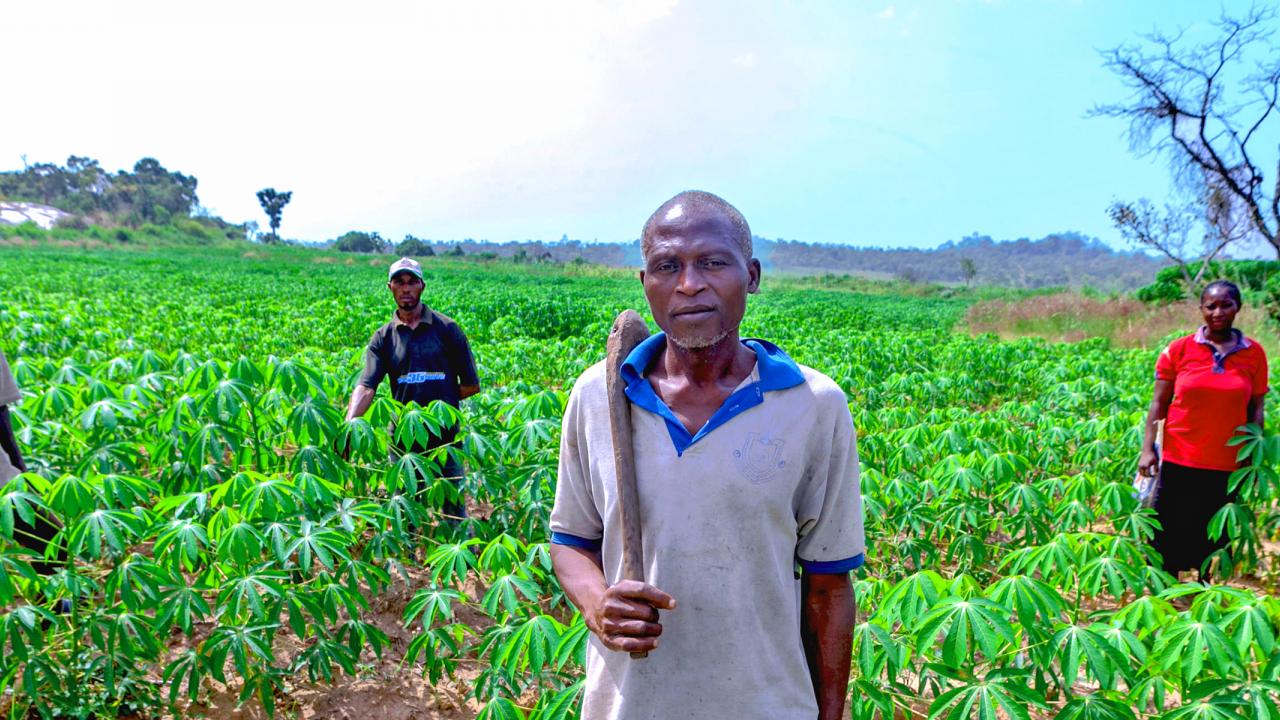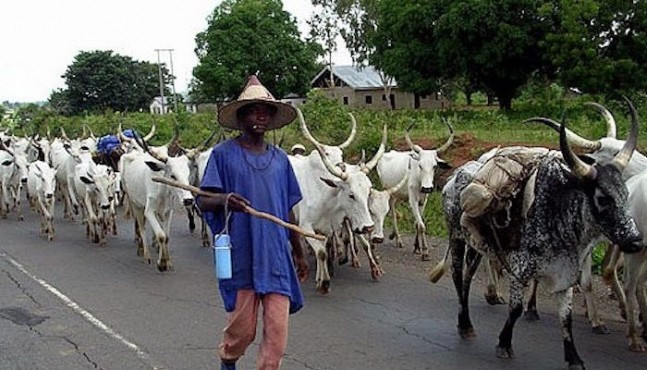Nigeria is among 45 countries in need of external assistance for food, the Food and Agriculture Organisation (FAO) of the United Nations has said.
In its latest Crop Prospects and Food Situation Report, FAO said the effects of the COVID-19 pandemic, primarily in terms of income losses, have exacerbated vulnerabilities and heightened existing levels of food insecurity.
Join our WhatsApp ChannelFAO noted that globally 45 countries, including 34 in Africa, 9 in Asia and 2 in Latin America and the Caribbean, are in need of external assistance for food, with conflicts and climate-related shocks continuing to underpin the high levels of severe food insecurity.
The Crop Prospects and Food Situation report also provides the latest data on Low-Income Food Deficit Countries (LIFDCs).
According to the most recent assessments, FAO said total cereal production of the 47 LIFDCs is forecast to decline by 2.1 per cent in 2021, to 190 million tonnes. The drop mostly relates to expected production downturns in Near East Asian countries, notably in Afghanistan and the Syrian Arab Republic, where widespread and prolonged drought conditions cut yields and dampened this year’s production prospects.
Among the LIFDCs in Africa, scarce rainfall in Somalia is expected to result in a sizeable production decline, and small reductions are also likely in several West African countries, where conflicts continue to erode farming households’ productive capacities, according to the FAO report.
It said that in Southern African countries, production upturns are expected to boost households’ food availability and partly offset some negative effects from the COVID-19 pandemic.
The 45 countries in need of external assistance for food are Afghanistan, Bangladesh, Burkina Faso, Burundi, Cabo Verde, Cameroon, Central African Republic, Chad, Congo, Democratic People’s Republic of Korea, Democratic Republic of Congo, Djibouti, Eritrea, Eswatini, Ethiopia, Guinea, Haiti, Iraq, Kenya.
Others are Lebanon, Lesotho, Liberia, Libya, Madagascar, Malawi, Mali, Mauritania, Mozambique, Myanmar, Namibia, Niger, Nigeria, Pakistan, Senegal, Sierra Leone, Somalia, South Sudan, Sudan, Syrian Arab Republic, United Republic of Tanzania, Uganda, Venezuela, Yemen, Zambia and Zimbabwe.
A recent report by Prime Business Africa highlighted how millions of Nigerians are unable to meet up with the rising food prices and are left sinking deeper into poverty.


















Follow Us